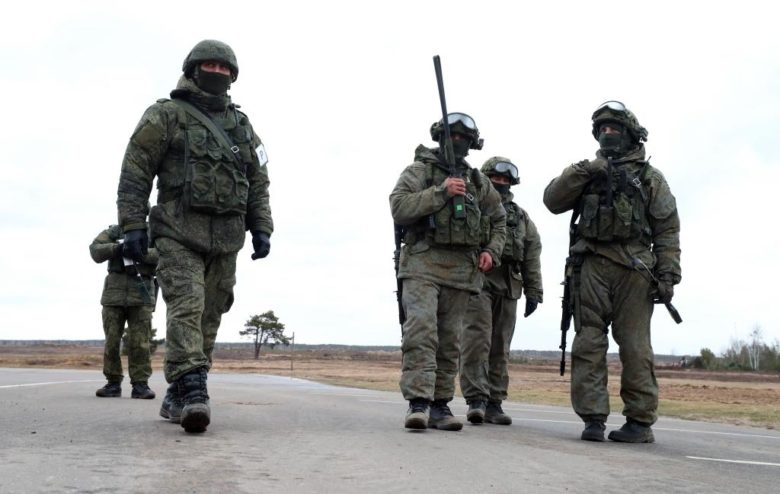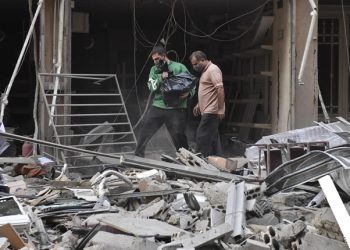Moscow: The Russian military said it delivered a precision strike on the training base of the Special Operations Forces (SSO) of the Armed Forces of Ukraine, where foreign mercenaries were based.
“High-precision air-launched missiles struck at the training centre for special operations forces of the Ukrainian armed forces, where foreign mercenaries who arrived in Ukraine were based, in the area of Zhytomyr Region,” said a statement by the Russian Defence Ministry, RT reported.
According to the agency, more than 100 military SOF and foreign mercenaries were destroyed by the strike.
The Russian Defence Ministry said that the Russian armed forces with Kalibr missiles destroyed workshops for the repair of damaged Ukrainian armoured vehicles.
“In the evening of March 19 and in the morning of March 20, strikes were carried out with long-range precision weapons on Ukrainian military infrastructure facilities. From the waters of the Black Sea, Kalibr sea-based cruise missiles at the Nizhyn repair plant destroyed workshops for the repair of Ukrainian armoured vehicles damaged in combat operations,” the statement says, RT reported.
At the same time, it is reported that Kalibr missiles from the waters of the Caspian Sea, as well as from the airspace over the Crimea, the Kinzhal complexes destroyed a large fuel and lubricants storage base near the village of Konstantinovka, Mykolaiv region.
The 3M-54 Kalibr, also referred to it as 3M54-1 Kalibr is a family of Russian cruise missiles developed by the Novator Design Bureau. There are ship-launched, submarine-launched and air-launched versions of the missile, and variants for anti-ship, anti-submarine and land attack use.
Earlier, the US officially confirmed that Russia used Dagger hypersonic missiles during hostilities in Ukraine. It is reported that this is the first recorded case of the use of such missiles during hostilities, CNN reported.
It is known that the new rocket is capable of speeds up to 6,000 km per hour, which is five times faster than the speed of sound. Its features are low flight trajectory and manoeuvrability. All these factors complicate the detection of hypersonic missiles by satellites and special radars, UNIAN reported.
(IANS)



















